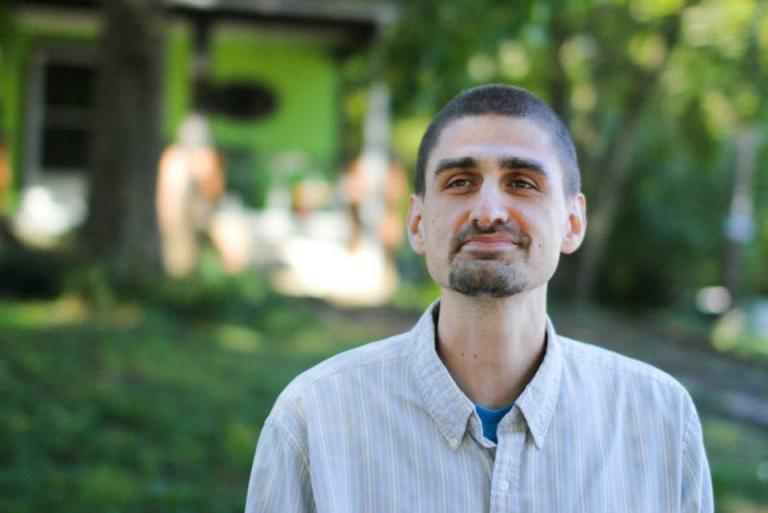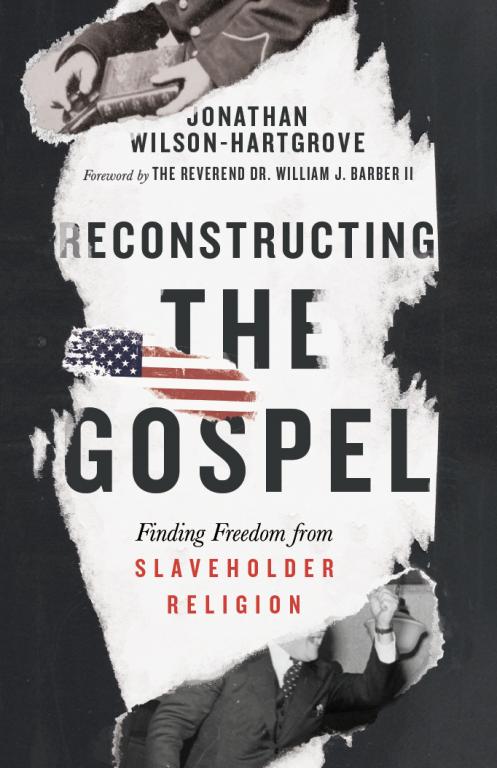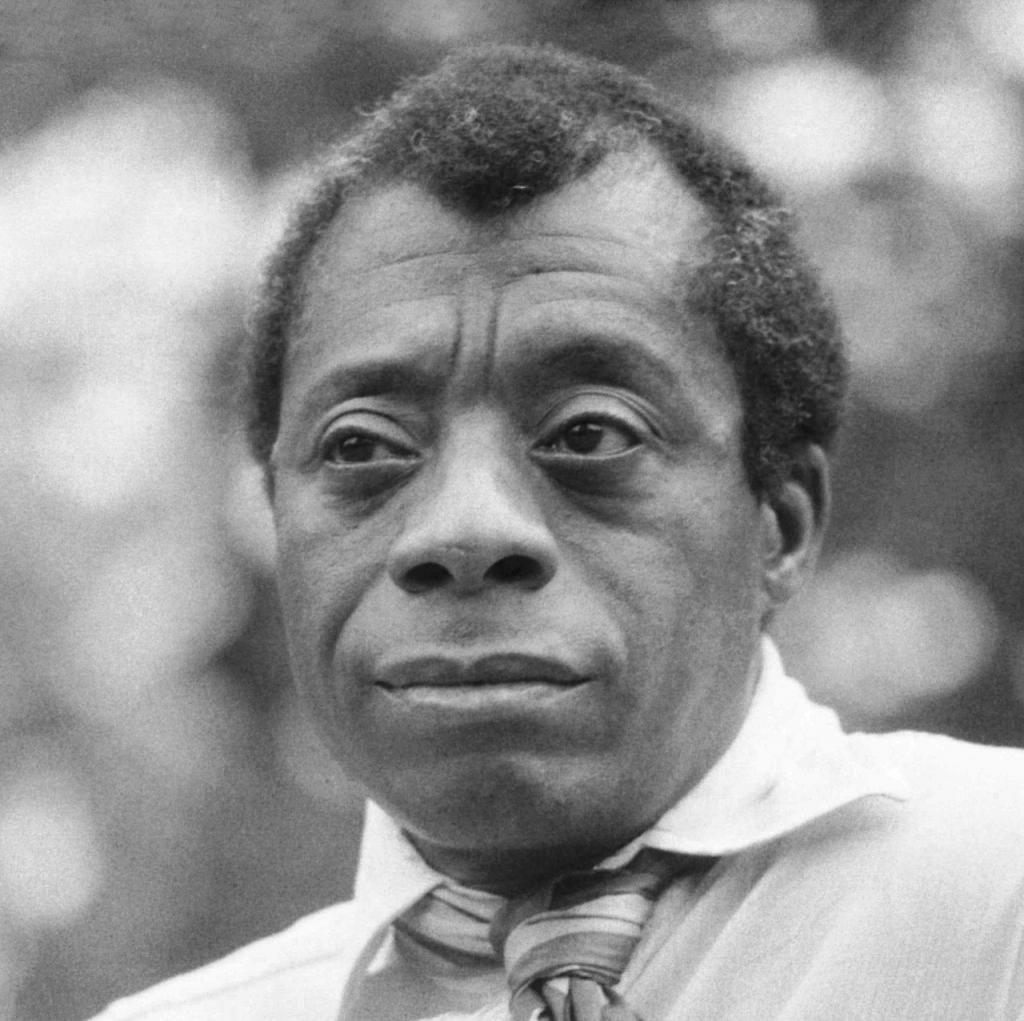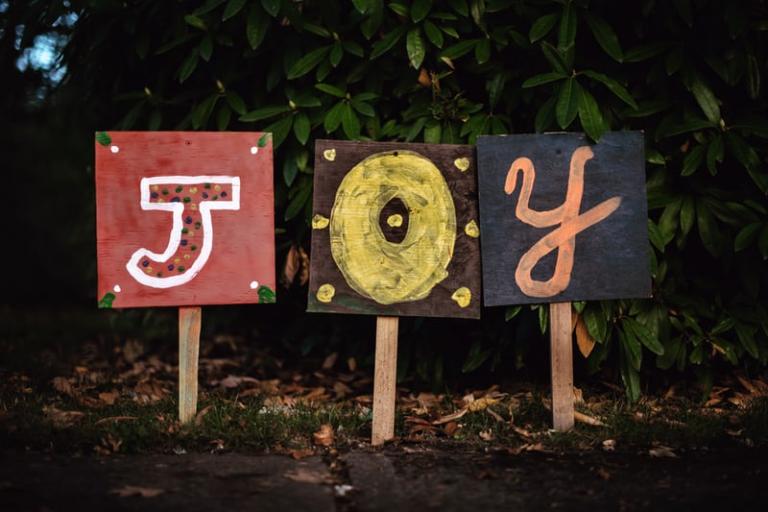Jonathan Wilson-Hartgrove is a celebrated speaker, writer, and activist living in Durham, North Carolina. He is the author, most recently, of Reconstructing the Gospel : Finding Freedom from Slaveholder Religion. Here are several of my questions to him about his groundbreaking book, and his responses.
Mark: For someone devoting your life to overcoming racism, both personally and collectively, what do your practices of prayer look like?
Jonathan: My journey toward freedom from slaveholder religion has been one of unlearning a hyper-individualized piety. Part of the poisonous self-righteousness that plagues us is this myth that we could all be super spiritual if we could just get away from the unrighteous ones, whoever they are. I’ve had to learn that this is a spiritual version of the myth of the self-made man that whiteness created.

And its antidote is, in many ways, in the communal contemplative practices of the black-led freedom movement in America. I’m thinking about the prayer practices of song and shout in Pentecostal churches, of call and response in black Baptist preaching. There’s a mantra-like repetition in that experience of worship that is every bit as much contemplation as you find sitting in silence. In fact, it is a silence–a still point of complete simplicity–that’s beyond words.
For me, I find that silence in the praise and testimony service at the St. Johns Baptist Church and I find it singing and marching in the streets with the Poor People’s Campaign. I also get up early and sit in silence. I read and meditate on the Scriptures after my morning workout, before our community does morning prayer in the living room. But those personal practices find their meaning for me more and more in the communal contemplation that I’ve learned from the folks who’ve been reconstructing the gospel all along.
Mark: Who is Ms. Carolyn, and how did her porch resemble church for you?
Jonathan: Folks who’ve seen Tyler Perry’s movies know the “Mother Dear”–the Madea–character whose word is law in so many black communities. It’s a stereotype for sure, but there are these women who’ve held communities together through fierce love, defying the forces of systemic racism. In so many ways, it goes back to the fugitive spaces of survival that emerged on plantations. And that’s where black liberation theology–what Albert Rabateau called “slave religion”–was born. Scholars of the black church have written about this, for sure, but I experienced it on Ms. Carolyn’s porch, so that’s the space I write from in the book. It’s where I was invited in, where I saw folks fleshing out the gospel and resisting the exclusive impulses of church culture–the slaveholder religion that creeps into so-called “black churches.” It’s not a perfect space by any means. But it’s a learning space, so I wanted to invite folks to see from there. So many of those porches are being destroyed by gentrification, and most people don’t even know the values of what’s being lost.
Mark: As a white Christian struggling against white supremacy, how do you understand the practice of confession?
Jonathan: Christians confess original sin first and foremost: that we were caught up in a system of death before we ever did or said anything. I think that’s a pretty good framework for people who were taught we were white to begin to understand systemic racism. It’s not something you or I did–it’s not a choice we made. We were born into it–sinners from the start. That’s where confession begins.

But confession can’t end there. We need relationships of accountability–spaces where we listen to black and brown folks say what actions are hurting them and their communities. Given the power imbalances in our society, confession for white folks really has to be something of a reverse confessional. It’s not the job of people who’ve suffered generational injustice to sit and listen to us. No, we’ve got to position ourselves to sit and listen to them. Then talk to one another about how we can unlearn implicit bias, leverage social privilege for the common good, and follow the leadership of impacted people working for systemic justice. The daily practice of confession is a radical commitment to listening. It’s rooting ourselves in that confession of original sin by saying, “I’m not going to try to defend myself. I’m going to sit with the difficult truths and do the hard work of changing my racial habits. Not just to help somebody else, but to work toward my own freedom.
Mark: Can you give an example of resistance to racism as a spiritual practice?
Jonathan: A couple of weeks ago, I was in Washington, DC. I listened to five women tell stories of how they’ve been hurt by the policies of systemic racism. I was standing beside Ms. Callie, a woman I first met when she shared how her daughter died of treatable cancer because the state of Alabama refused to expand Medicaid–because racial politics obstructed “Obamacare.” As a liturgical act of worship, I linked arms with her, walked into the street outside the US Congress, and shut it down while weeping and wailing–crying out like we do at funerals at the St. Johns Baptist Church. After we were arrested, while we were waiting in processing, I went over to Callie and said, “A voice is heard in Rammah, weeping and great mourning, Rachel refusing to be consoled because her children are no more.” Callie knows her Bible better than I do. She was performing it that day, and I had the opportunity to live the Scriptures with her. If that’s not spiritual practice, I don’t know what is.
Mark: What role does silence play in your personal and public prayer life?
Jonathan: The silence of the early morning is why I wake early. I can’t be myself without it. But as I grow in the life of faith, I feel more and more the connection between that silence and the silence at the center of Callie’s cry–the silence of the down beat between the claps in a freedom song. There is a still point in the turning world, and we practice contemplation as we ground ourselves in that place, not apart from action, but in the center of it.
Photo source: Jonathan Wilson-Hartgrove and InterVarsity Press, used with permission.











